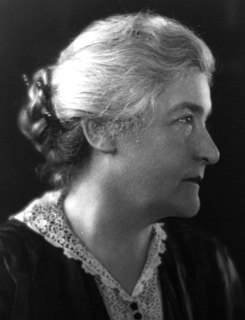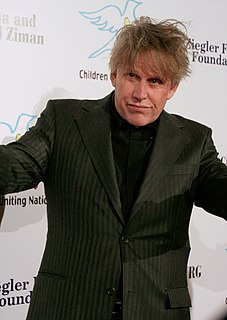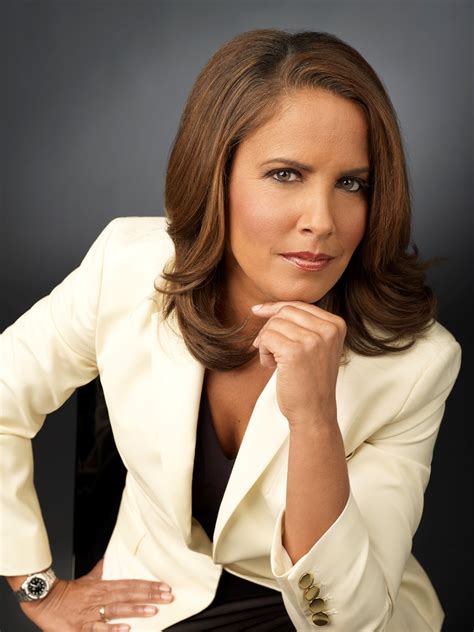A Quote by Amartya Sen
Women's education has a much greater impact [on], for example, fertility. Men's education, if our studies are correct, ha[s] almost no impact on fertility. Women's do. So, by the way, as a man, it's not to the glory of men specifically that it's women's education that reduces child mortality.
Related Quotes
Women while in college ought to have the broadest possible education. This college education should be the same as men's, not only because there is but one best education, but because men's and women's effectiveness and happiness and the welfare of the generation to come after them will be vastly increased if their college education has given them the same intellectual training and the same scholarly and moral ideals.
The key to the trap is, of course, education. The feminine mystique has made higher education for women seem suspect, unnecessary and even dangerous. But I think that education, and only education, has saved, and can continue to save, American women from the greater dangers of the feminine mystique.
We are human behind and this part of our human nature that we don't learn the importance of anything until it's snatched from our hands. In Pakistan, when we were stopped from going to school, and that time I realized that education is very important, and education is the power for women. And that's why the terrorists are afraid of education. They do not want women to get education because then women will become more powerful.
Increasingly, men are realizing exactly that - that having an educated, economically independent partner reduces the pressure on them to be the sole provider. Many men are also beginning to understand that participating in housework and childcare can be rewarding. Women with higher education and/or earnings are so much less likely than other women to divorce, that by age 40, they are more likely to be married than any other group of women.
There?s a clear and strong connection between fertility reduction and women?s literacy and empowerment, including women?s gainful employment. If you look at the more than 300 districts of India, the strongest influences in explaining fertility variations are women?s literacy and gainful economic employment.
We had early on women having the right to vote, then women in the workforce during WWII, just going back in history, and then we had the higher education of women, and then women more fully participating in the economy and in business, the professions, education, you name the subject... but the missing link has always been: is there quality, affordable healthcare for all women, regardless of what their family situation might be?






































